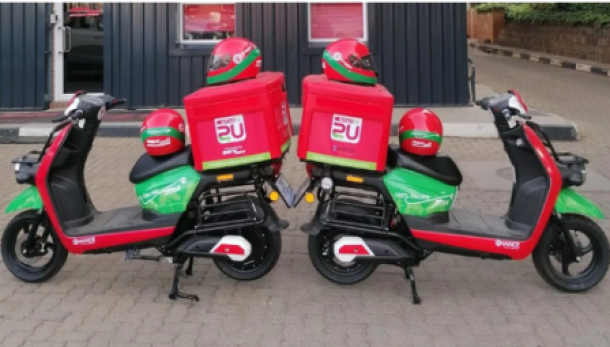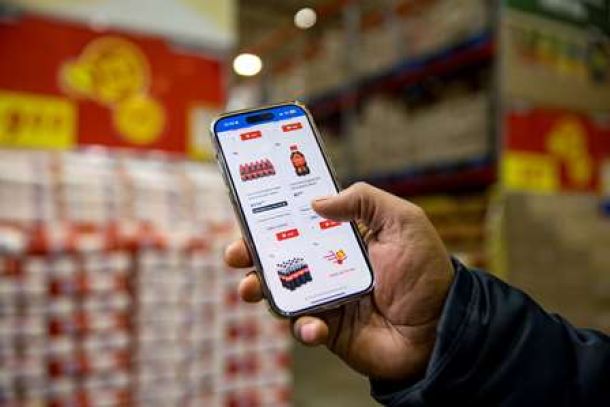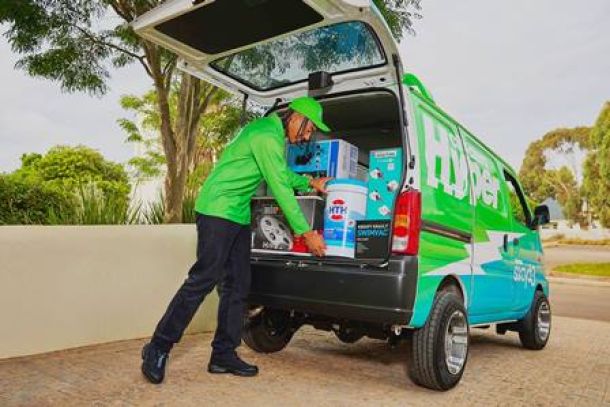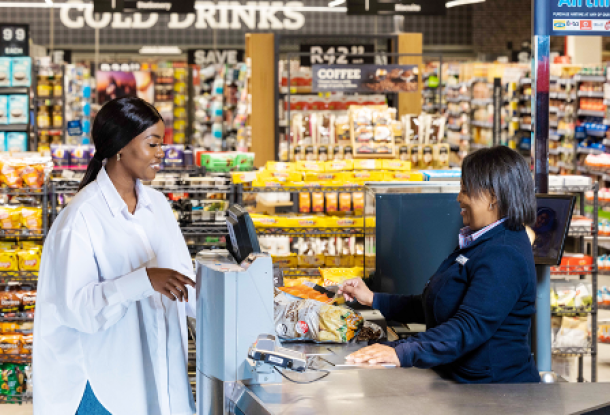Trends shaping the local fuel retail sector
With over 4 600 fuel forecourts currently in operation and more expected in the future, this industry is rapidly growing as a key driver of revenue for fuel stations in South Africa.
Ronél Fester, FNB franchise industry specialist, says the success and profitability of fuel forecourts lie in their ability to understand and meet the ever-changing needs of consumers, while providing them with exceptional service at any time of the day. Even in the toughest economic conditions this business model has proven to be successful for service stations.
For instance, convenience shopping currently allows consumers to fill their petrol tanks, and buy coffee, muffins or even fresh fruit while on their way to work. This gives fuel retailers a competitive edge and the opportunity to penetrate a growing market.
“As more retail brands invest in this concept, competition has increased, leading to a battle for market share. Therefore, fuel retailers should constantly aim to innovate, reinvent themselves and keep abreast of industry developments,” says Fester.
She says there are currently four trends shaping the sector.
- Competitive pricing – while fuel forecourts provide consumers with the convenience of shopping when it suits them, fuel retailers still need to set realistic and competitive prices. Although price has traditionally never been a deciding factor, tough economic conditions have led consumers to no longer just look for convenience, but value for money.
- Staff motivation and training – staff retention and performance is central to the success of forecourt stores. Employees are easily discouraged by long working hours and weekend shifts. As a result, many fuel retailers are investing in training and up-skilling their employees, which result in personal growth and development. Forecourt managers also motivate staff by offering them rewards and incentives for good work and customer service.
- Sustainable energy solutions – the cost of electricity is a big challenge. Consequently, more forecourt stores are investing in renewable-energy solutions to lower input costs. Energy-intensive appliances such as fuel pumps, lighting, airconditioners and refrigeration systems are now being operated through solar power during the day. Fester says although solar power requires a substantial investment, there are finance solutions available.
- Meeting changing customer needs – forecourt retailers study the behaviour of customers and use this insight to improve product and service offerings. Loyalty and rewards programmes are used to attract and retain customers, as they enable retailers to better understand their preferences and buying patterns. Data and insights generated through loyalty programmes further enable forecourt retailers to make strategic and informed long-term business decisions.
“Like any other business, the fuel retail sector is not immune to economic headwinds. In fact, it is not an easy sector to operate in. However, it is one of the industries that still offers growth potential for entrepreneurs that are not afraid of challenges,” concludes Fester.
News Category
- International retailers
- On the move
- Awards and achievements
- Legislation
- Wine and liquor
- Africa
- Going green
- Supplier news
- Research tools
- Retailer trading results
- Supply chain
- Innovation and technology
- Economic factors
- Crime and security
- Store Openings
- Marketing and Promotions
- Social Responsibility
- Brand Press Office
Related Articles

Two local businesses see a gap as food and groc...

SARS launches WhatsApp channel to help check ta...

Shoprite launches online shopping and bulk deli...

Sixty60 promises lightning-fast delivery of 10 ...


